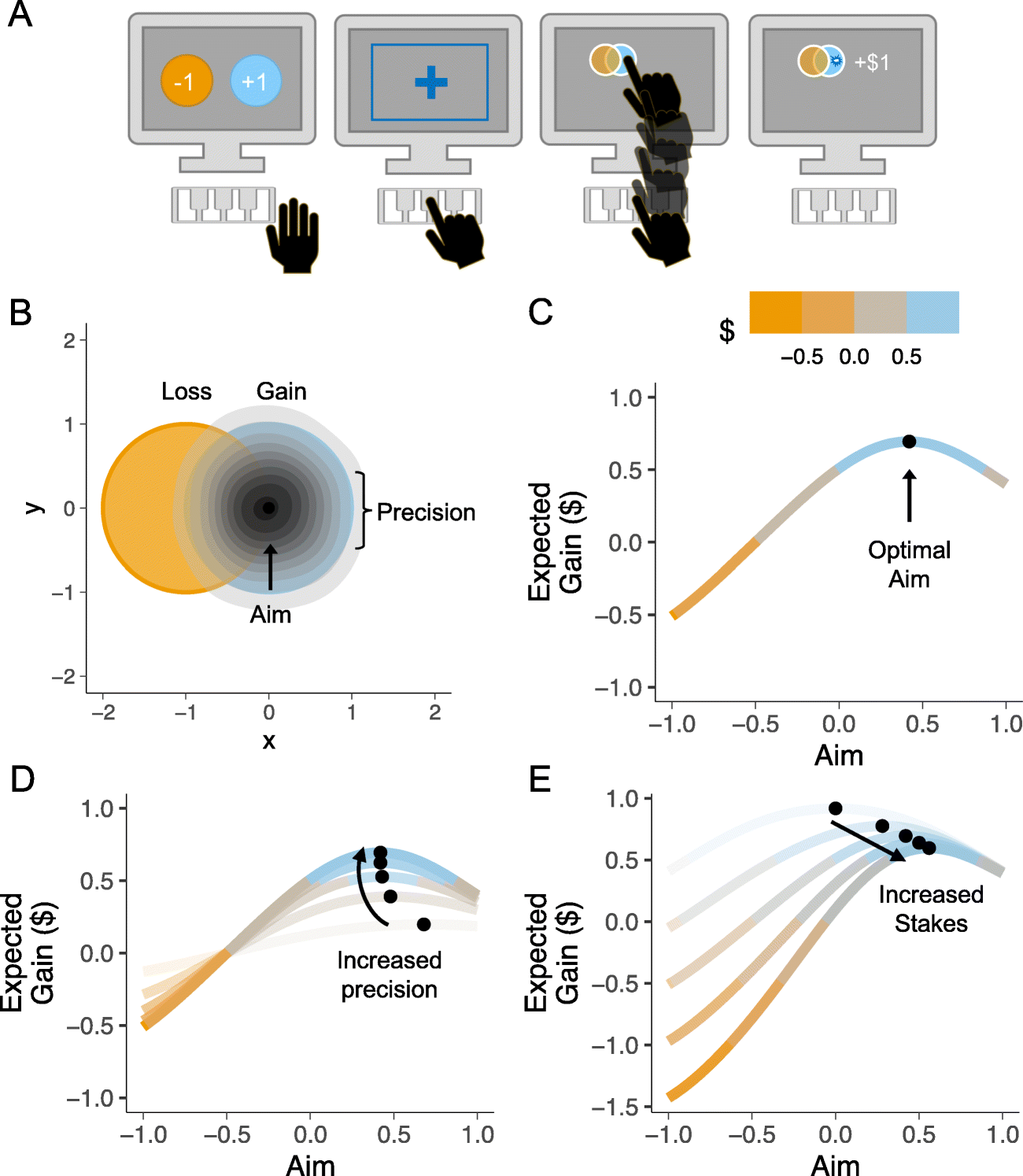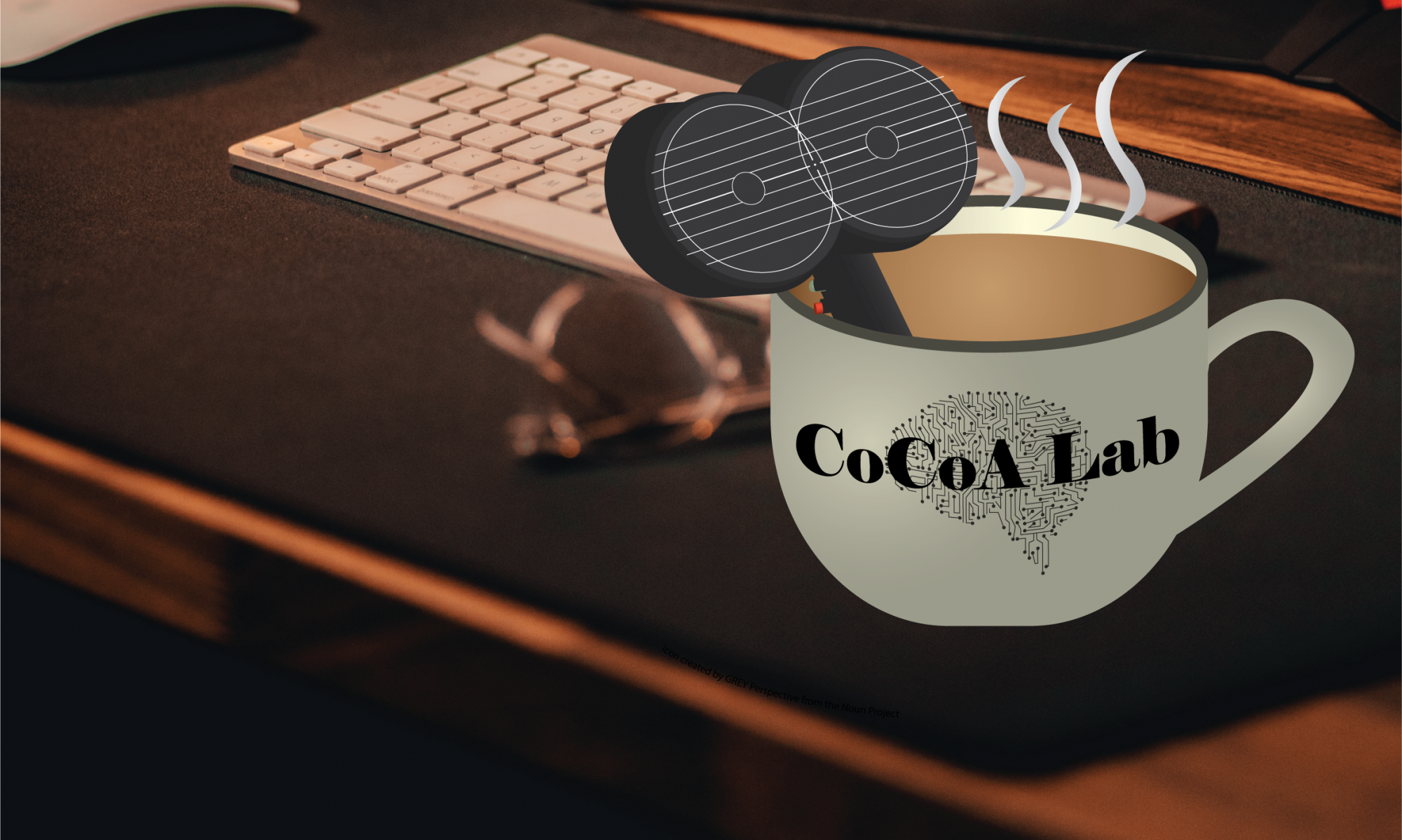Check out our new paper: Heuristics contribute to sensorimotor decision-making under risk



Cognition, Control, and Action Lab
Asst. Prof. Taraz Lee

This award will fund a three year project examining the role of cognitive control networks in the motor deficits of persons with Parkinson’s Disease.
Way to go Sean Anderson!
Rewards interact with explicit knowledge to enhanced skilled motor performance. Now out in J Neurophys!
https://journals.physiology.org/doi/full/10.1152/jn.00575.2019
We’re excited to announce that we’ll have two new members of the lab this fall! James Brissenden will be joining as a postdoctoral fellow and Quynh Nguyen will be starting as a first year PhD student in Psychology. Learn more about them here: Lab Members
https://www.biorxiv.org/content/early/2018/09/04/406439
Economic decision-making under risk often fails to maximize expected value, perhaps reflecting cognitive biases and heuristics. A line of recent work argues that when economic decisions are reformulated as decisions about where to aim rapid reaching movements, the resulting decisions are optimal (i.e. maximize expected value), in dramatic contrast to the standard findings obtained with decisions among gambles. These arguments for optimality rely on a comparison between human performance and the performance of an ideal agent in a reaching task with a narrow range of incentive values. Here, we improve on this methodology, both empirically and analytically, by devising a task with a wider range of incentive values, and by performing trial-level comparisons of participant behavior to the Ideal Model and two plausible alternative models. The first alternative, the Loss-averse Model, incorporates participant-level loss aversion, and the second alternative, the Heuristic Model, embodies a simple satisficing heuristic that is invariant to incentive magnitudes. Across two experiments, we find that participants movement outcomes are more likely under the Heuristic Model than the Ideal or Loss-averse models, especially when the risk of financial loss is high. The present work provides evidence against the claim that perceptuo-motor decision making is optimal and demonstrates the fruitfulness of including alternative models in analyses of human behavior.